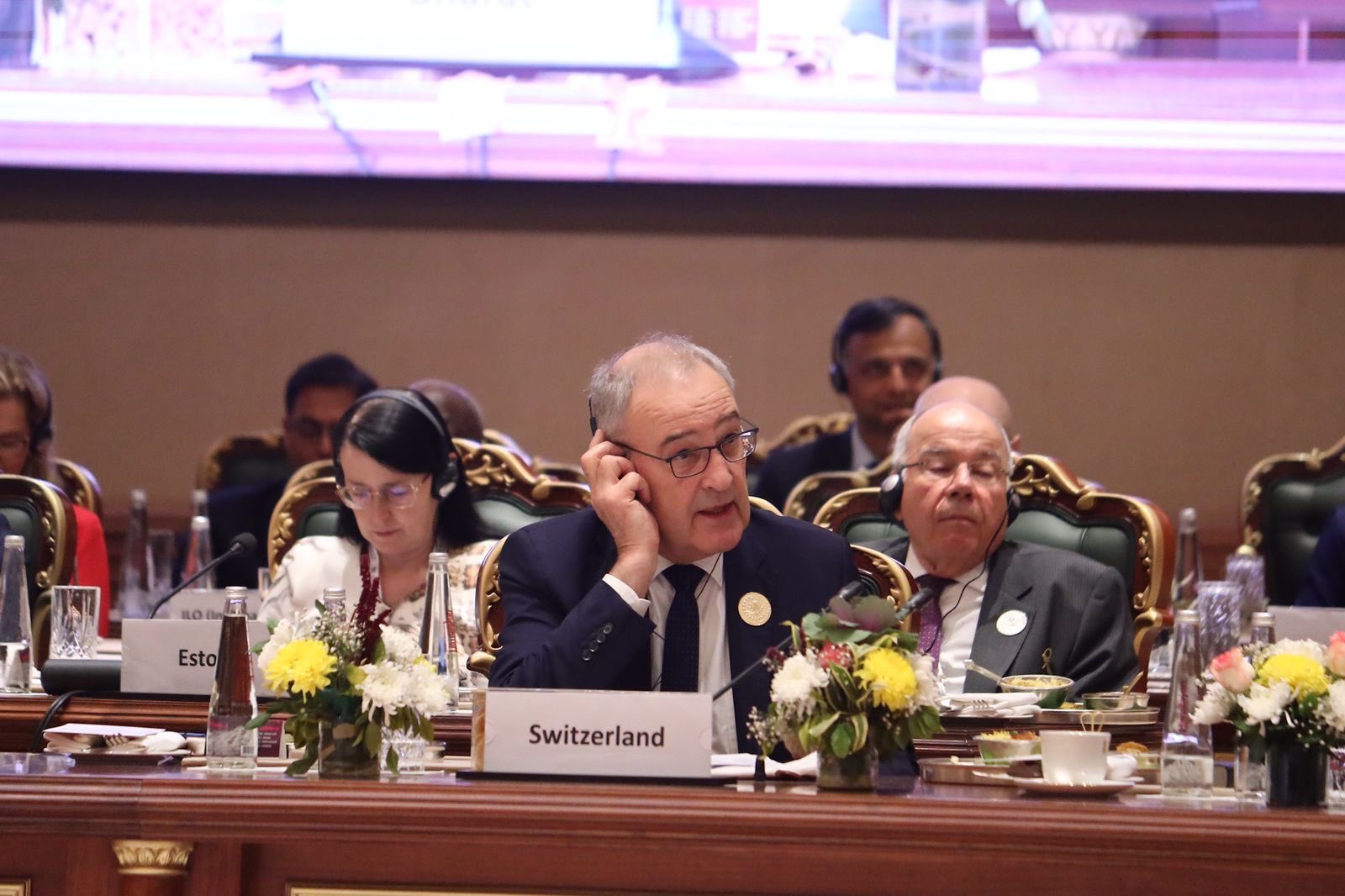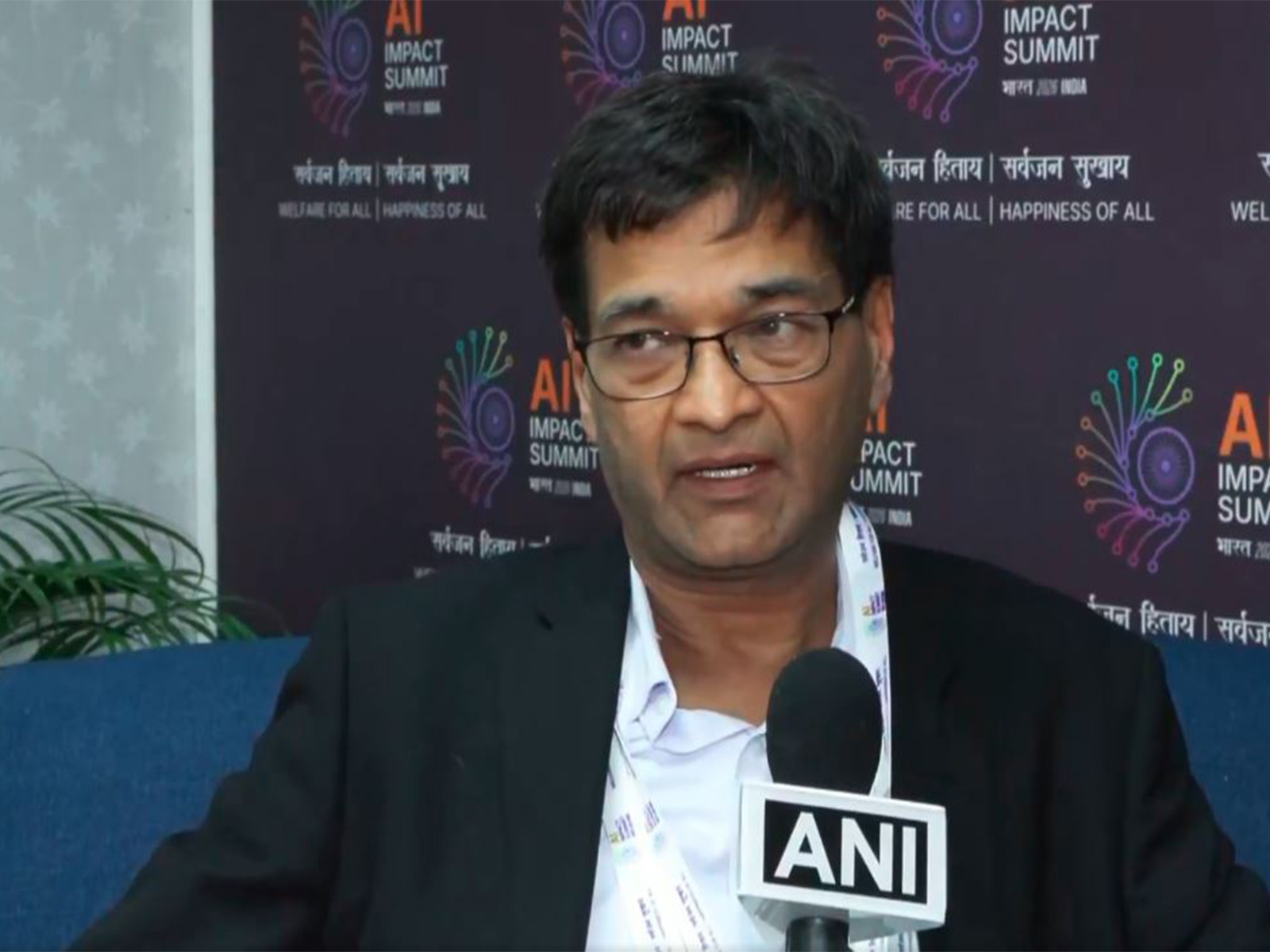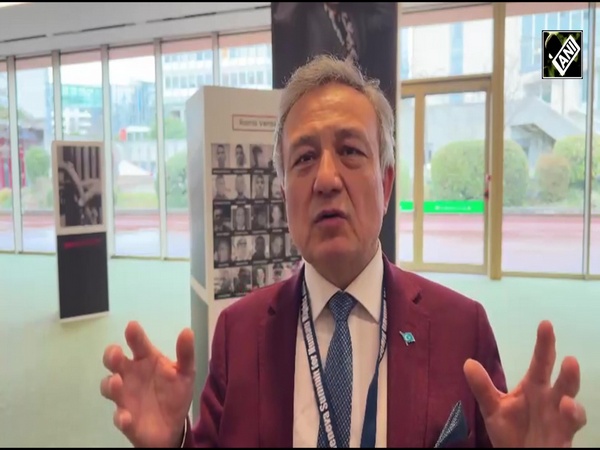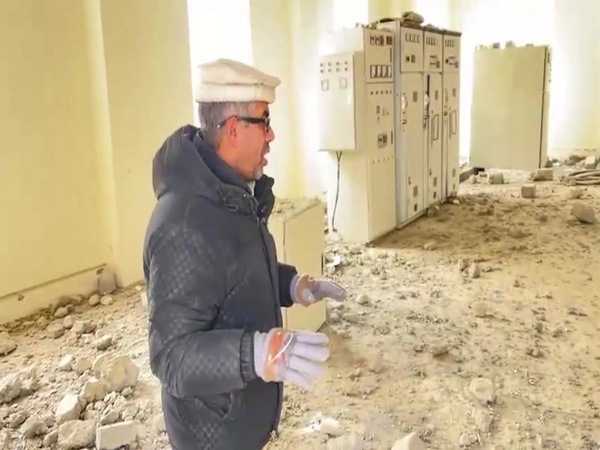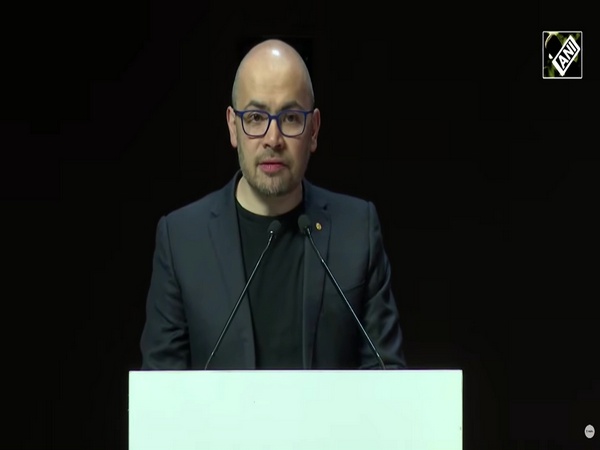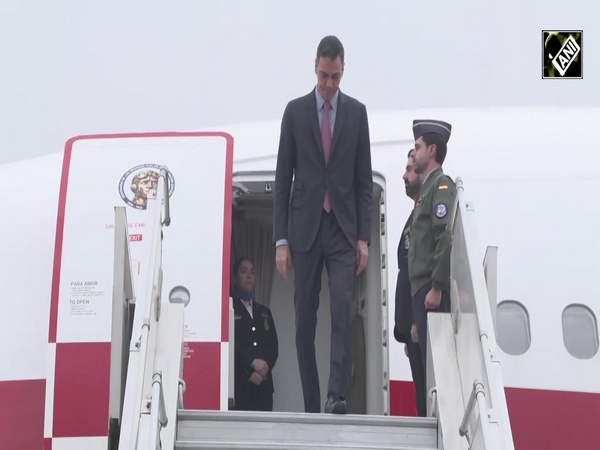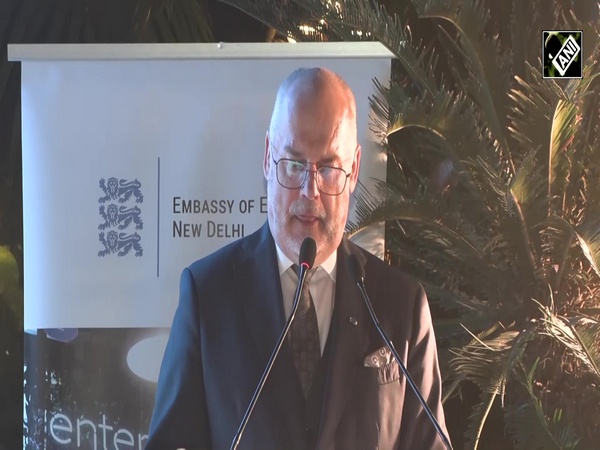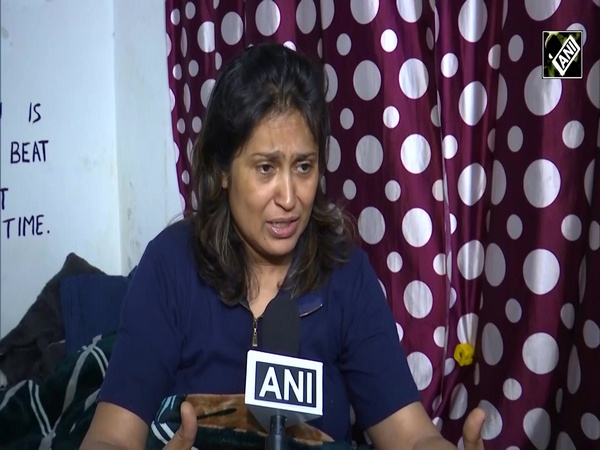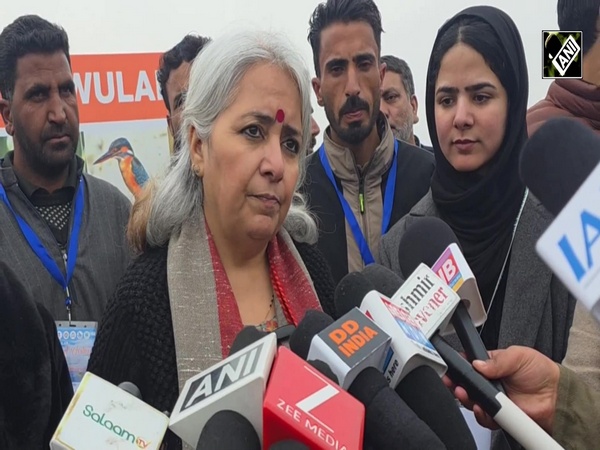FATF releases detailed guidance to help practitioners recover criminal assets
Nov 04, 2025
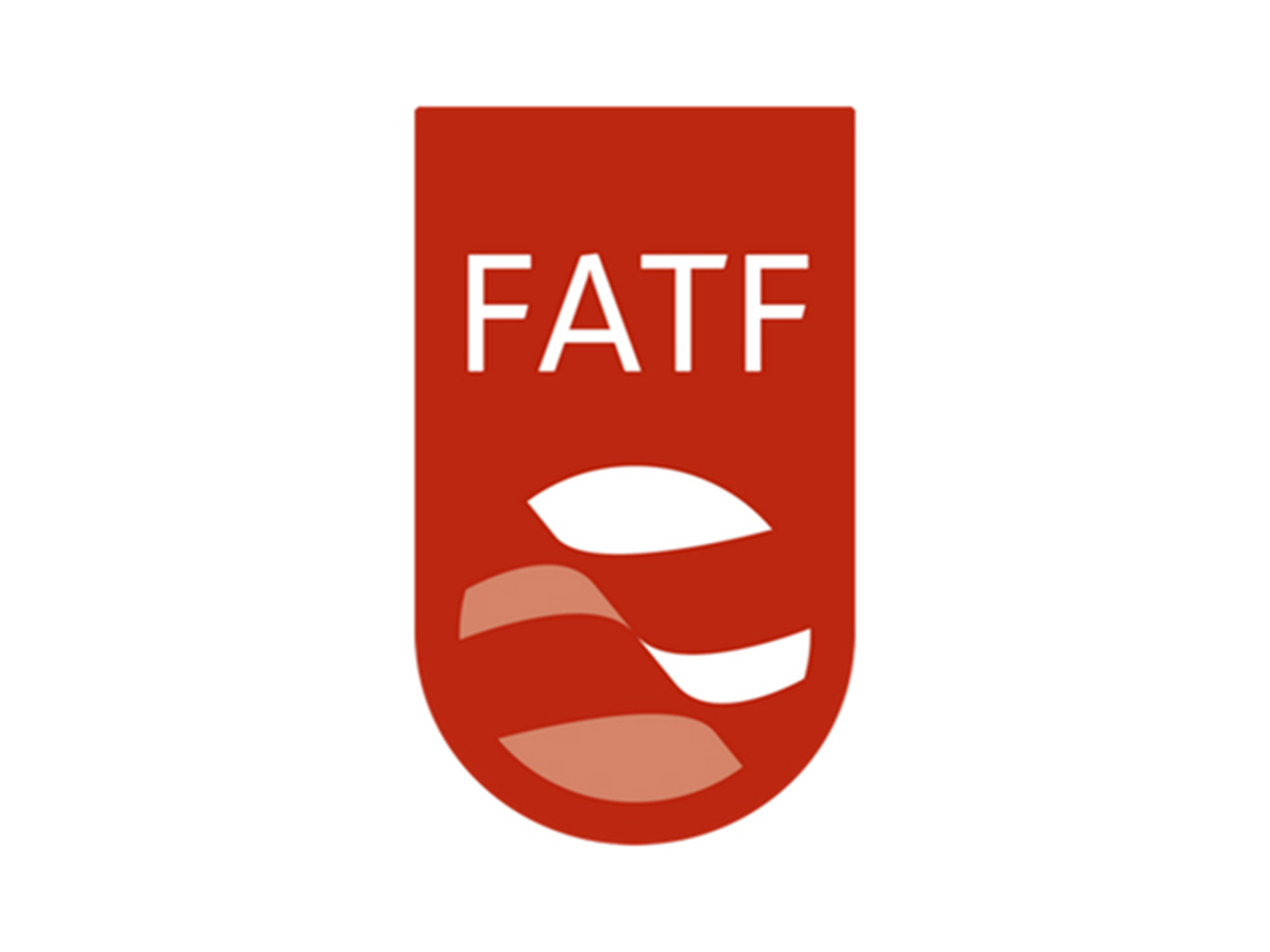
Paris [France], November 4 : The Financial Action Task Force (FATF) has published new guidance and best practices aimed at intensifying global efforts to recover criminal assets.
Figures released by Interpol and the UNODC suggest that only a very low percentage of criminal assets are confiscated. FATF's assessments show that more than 80 per cent of jurisdictions are operating at low or moderate levels of effectiveness in asset recovery.
In response, the FATF has released a comprehensive Asset Recovery Guidance and Best Practices, recognising that depriving criminals of their gains is as important as prosecuting them. Removing the financial motivation for crime is seen as critical to disrupting and deterring criminal organisations, terrorists, and scammers around the world.
The guidance covers key topics, from modern financial investigations and swiftly securing assets to safeguarding rights and compensating victims with recovered funds, FATF said.
FATF President Elisa de Anda Madrazo said, "Recovering criminal assets is not an afterthought -- it has a real impact on lives around the world and demonstrates that justice systems work. This detailed guidance equips countries to act faster, search further, and think bigger when it comes to asset recovery. We must send a clear message: crime will not pay."
The guidance includes more than 85 real-world case examples and recovery techniques contributed by experts across the FATF Global Network, covering all phases of the investigative and legal process, the inter-governmental body said.
In the United States, blockchain analysis, helping investigators trace over USD 400 million in illicit transactions, was admitted as reliable evidence in court. In another case, a fund created from confiscated assets helped more than 40,000 victims recover 91 per cent of their losses, FATF said .
In Switzerland, the confiscation of over CHF 313 million was ordered, and a multi-stakeholder fund was created to benefit the population impacted by crimes related to large-scale corruption.
In Mongolia, income from a confiscated London apartment is funding an orphanage that serves more than 300 children.
The guidance will help countries implement major revisions to FATF's 2023 Recommendations, providing a more robust toolkit to recover illicit proceeds and partner in the global fight against money laundering and other serious crimes.
Designed for both policymakers and practitioners, the handbook offers guidance to increase understanding and uptake of the new standards, support implementation through practical tips and cutting-edge techniques, and improve overall confiscation results.
There are eight chapters targeted at different audiences, including policymakers, law enforcement, prosecutorial and judicial authorities, justice or foreign affairs ministries, and asset managers. Trainers, technical assistance providers, the private sector, and civil society can all use the guidance to contribute to asset recovery efforts.
The FATF requires jurisdictions to make asset recovery a policy and operational priority and is calling on them to use the new guidance to safeguard the integrity of the global financial system and improve outcomes for victims and communities.



